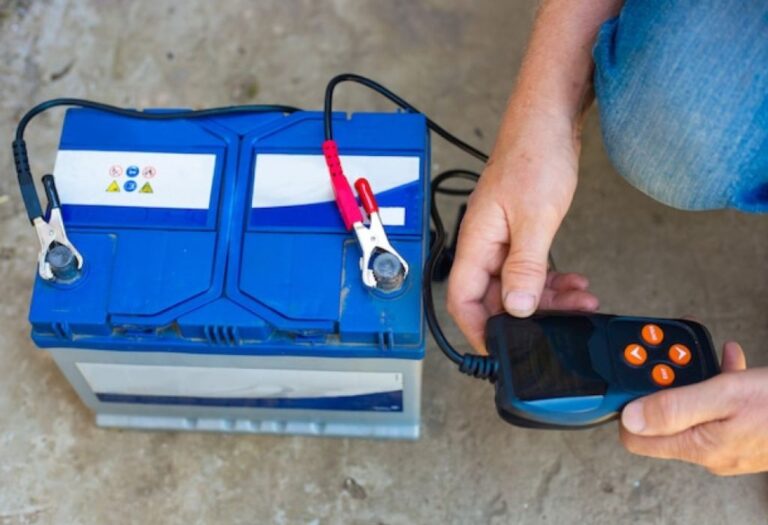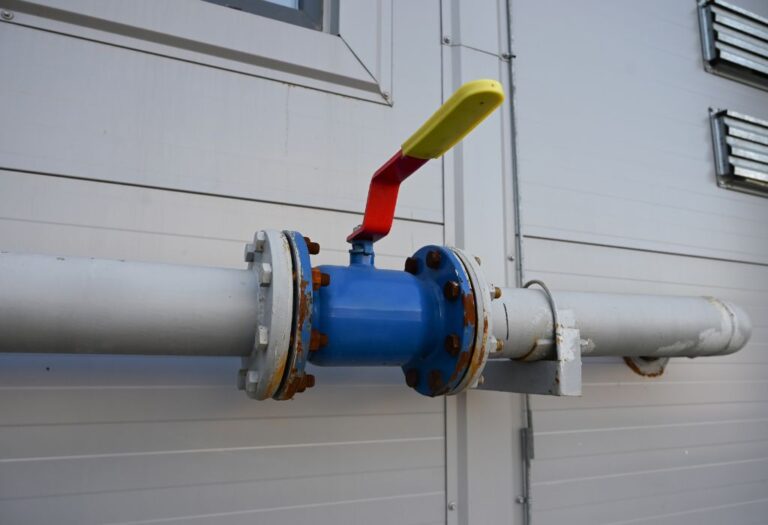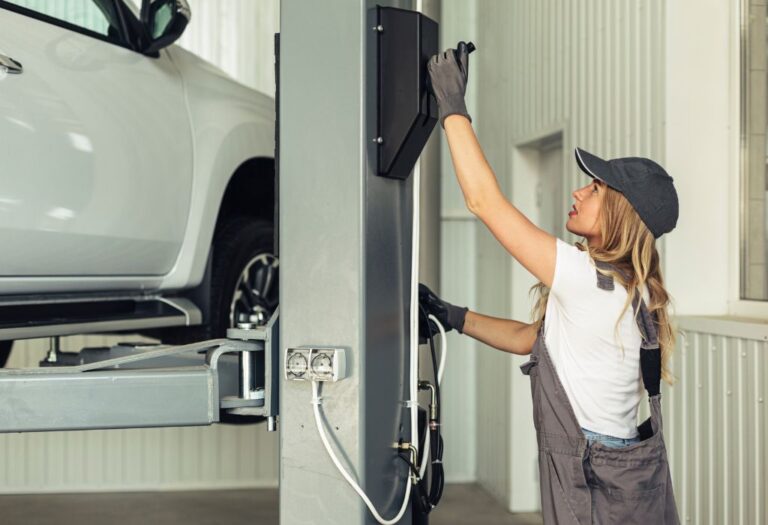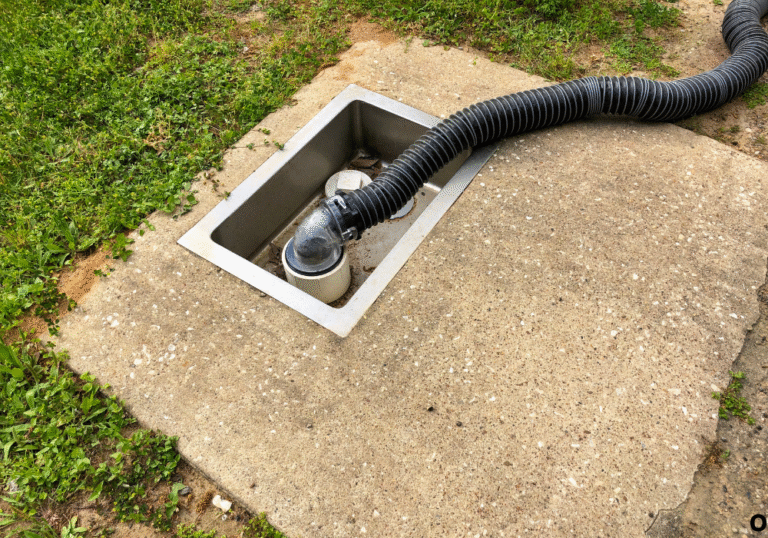How Long Will an RV Battery Run a Fridge? (Complete Guide for Campers)
When you’re out on the road or camping off-grid, one of the biggest concerns is keeping your food fresh. RV refrigerators are essential for comfort and safety, but they require reliable power. A common question most RV owners ask is: “How long will my RV battery run the fridge?”
The answer isn’t simple. It depends on battery type, size, condition, fridge model, temperature, and how efficiently you use power. In this guide, we’ll break everything down step by step so you can confidently plan your off-grid adventures.
1. Understanding RV Refrigerators
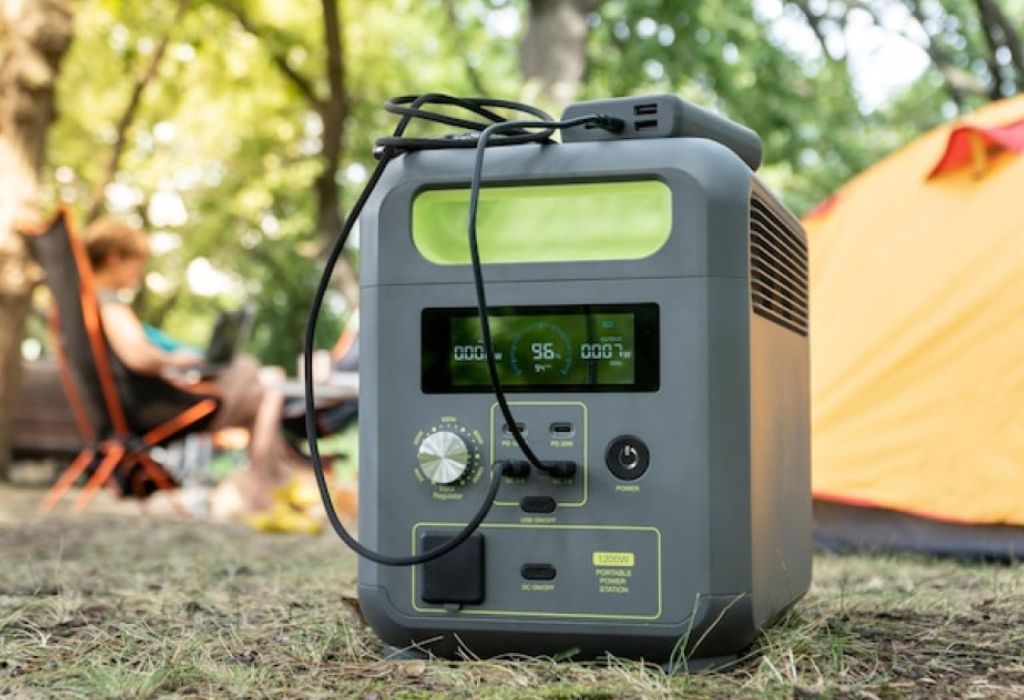
Before diving into battery runtime, it’s important to know how RV fridges work.
- Absorption Refrigerators – These are common in RVs and can run on propane, AC, or DC. On battery alone, they consume a lot of power and drain quickly.
- Compressor Refrigerators – Similar to home fridges, but designed for RVs. They run efficiently on 12V batteries and are more energy-friendly.
- Residential Refrigerators – Larger, home-style fridges. They require an inverter and drain batteries much faster.
👉 Key takeaway: The type of fridge makes a huge difference in how long your RV battery will last.
2. Types of RV Batteries and Their Power Output
Different batteries have different capacities. Here’s what you need to know:
- Flooded Lead-Acid Batteries – Affordable but require maintenance. Limited deep discharge.
- AGM (Absorbed Glass Mat) Batteries – Maintenance-free and better for moderate use.
- Gel Batteries – Reliable but less common in RV setups.
- Lithium-Ion Batteries – Lightweight, long lifespan, deep discharge allowed. The best for extended fridge runtime.
For example:
- A 100Ah lead-acid battery realistically gives only 50Ah usable power.
- A 100Ah lithium battery gives nearly the full 100Ah.
3. Factors That Affect How Long an RV Battery Will Run a Fridge
Battery runtime isn’t fixed. Several key factors influence how long your fridge will last.
- Battery Size (Amp-Hours) – Bigger capacity = longer runtime.
- Fridge Type & Efficiency – A 12V compressor fridge uses far less power than a propane/electric absorption fridge on DC mode.
- Appliance Usage – If lights, fans, or inverters run at the same time, the battery drains faster.
- Temperature & Weather – Hot weather makes the fridge work harder, draining power.
- Battery Age & Condition – Old or poorly maintained batteries don’t hold charge well.
- Inverter Efficiency – Residential fridges need inverters, which consume extra energy.
4. Average RV Battery Runtime for Refrigerators
Here are some real-world estimates you can use for planning:
12V Compressor Fridge (40–60W average):
- 100Ah lead-acid: 15–20 hours
- 200Ah lead-acid: 30–40 hours
- 100Ah lithium: 20–30 hours
- 200Ah lithium: 40–60 hours
Absorption Fridge (on DC mode):
- Drains power very fast, often less than 6 hours on a 100Ah battery.
- Best run on propane when off-grid.
Residential Fridge (using inverter, 150–300W average):
- 200Ah lead-acid: 4–6 hours
- 200Ah lithium: 8–12 hours
- Larger lithium banks (400Ah+) needed for overnight use.
👉 In short: For long boondocking trips, compressor fridges + lithium batteries are the most reliable.
5. How to Calculate Your RV Battery Runtime for a Fridge
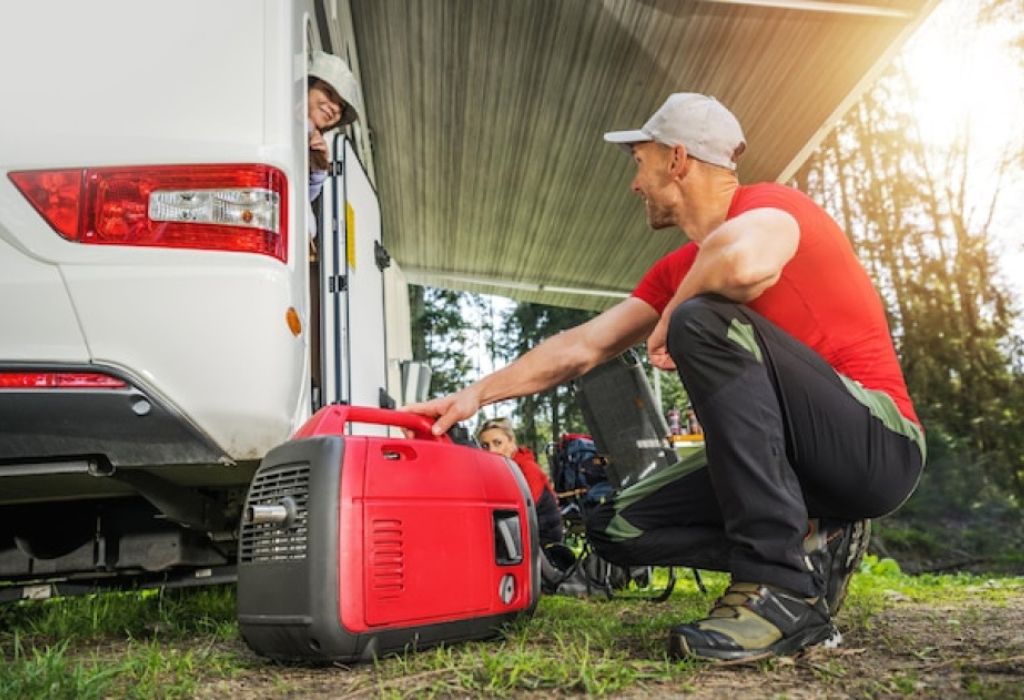
Use this formula to estimate runtime:
Battery Capacity (Ah) × Voltage (V) × 0.85 (efficiency factor) ÷ Appliance Load (Watts) = Runtime (hours)
Example:
- 200Ah battery at 12V = 2400Wh × 0.85 = 2040Wh usable.
- Fridge consumes 100W.
- 2040 ÷ 100 = ~20 hours runtime.
This gives you a rough but useful estimate.
6. Real-World Scenarios
Here’s how different campers might experience fridge runtime:
- Weekend Camper with 100Ah AGM Battery + Compressor Fridge – Runs about 1 night before recharge.
- Full-Time RVer with 400Ah Lithium + Residential Fridge – Can last 2–3 days without shore power.
- Boondocker with 200Ah Lithium + 300W Solar – Nearly indefinite fridge runtime as solar recharges daily.
- Cold Weather Camper – Expect shorter runtime as fridges work harder in freezing temps.
7. How to Make Your RV Battery Last Longer While Running a Fridge
Practical tips to extend runtime:
- Switch to a 12V compressor fridge for efficiency.
- Use propane mode if you have an absorption fridge.
- Add solar panels to recharge during the day.
- Upgrade to lithium batteries for more usable capacity.
- Minimize opening the fridge door.
- Keep the fridge shaded or install fans for cooling efficiency.
- Turn off unnecessary appliances.
8. Common Mistakes That Drain RV Batteries Fast
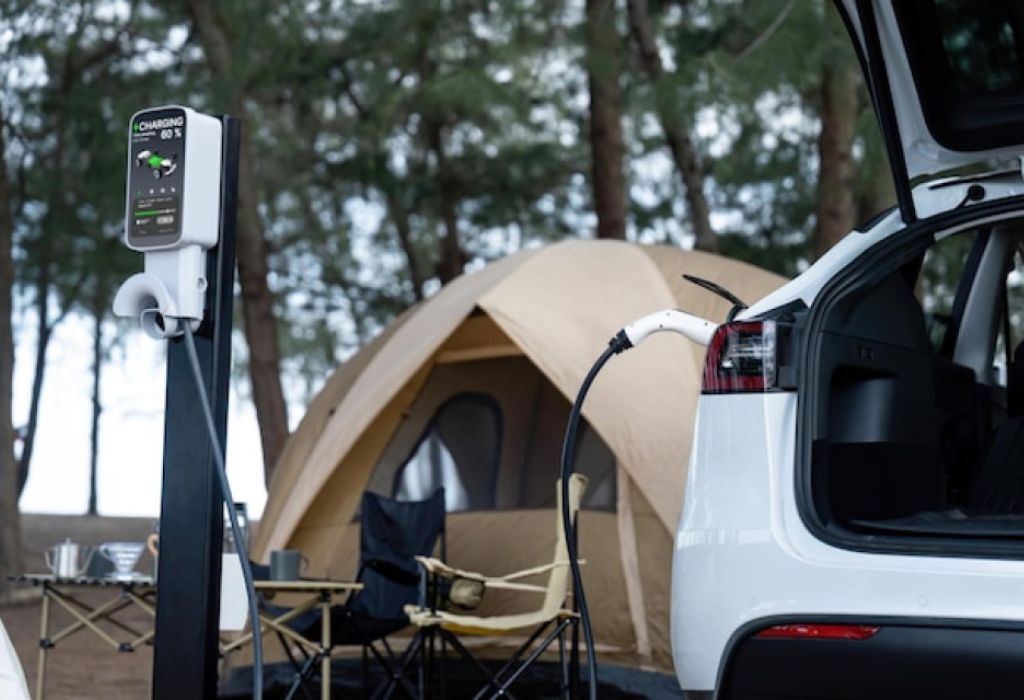
Avoid these mistakes to maximize your runtime:
- Running an absorption fridge on DC battery mode too long.
- Using undersized batteries for a residential fridge.
- Ignoring inverter inefficiencies.
- Letting batteries fully discharge (damages lead-acid).
- Forgetting to recharge batteries regularly.
9. FAQs
- Can a 100Ah battery run an RV fridge overnight?
Only if it’s a small 12V compressor fridge. Not enough for absorption or residential fridges. - Can solar panels keep the fridge running?
Yes, with enough wattage (200–400W) and a proper battery bank. - Will lithium batteries run a fridge longer than lead-acid?
Yes, nearly double the usable capacity. - Should I use propane instead of battery for my fridge?
Yes, for absorption fridges. Battery DC mode drains too fast. - How many batteries do I need for a residential fridge?
At least 400Ah lithium or more, plus solar/generator backup.
10. Conclusion
So, how long will an RV battery run a fridge? The answer depends on your setup:
- 100Ah lead-acid with compressor fridge: About 15–20 hours.
- 200Ah lithium with compressor fridge: About 2–3 days.
- Absorption fridge on DC: Only a few hours.
- Residential fridge with inverter: 8–12 hours on 200Ah lithium.
The good news? With the right fridge, upgraded batteries, and solar charging, you can keep food fresh for days—or even indefinitely—without worrying about power.
Whether you’re a weekend camper or a full-time traveler, understanding your RV fridge’s runtime helps you plan smarter and enjoy worry-free adventures.
I’m David R. Coleman, the founder, lead writer, and lifelong tool enthusiast behind GarageToolPro.com. With years of experience in automotive repair, woodworking, and home DIY projects, I created this platform to share practical tips, detailed tool reviews, and step-by-step guides that help mechanics, hobbyists, and homeowners get the job done right the first time.

